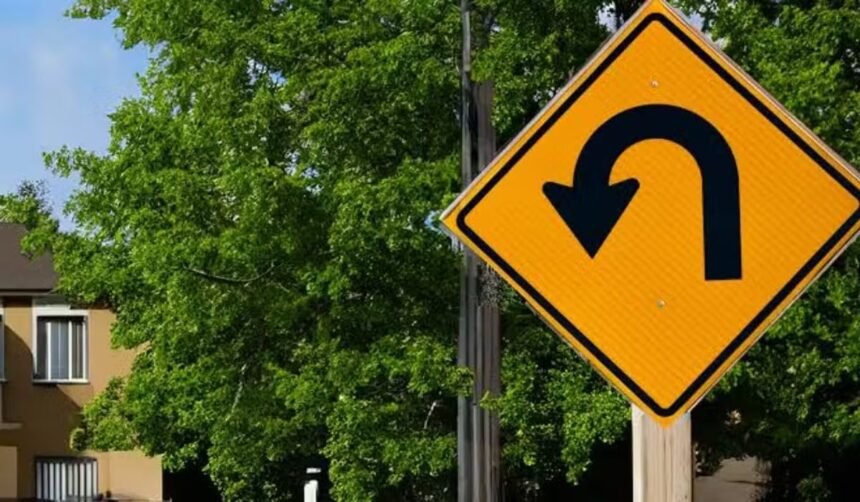After more than a decade, Islamabad’s commuters are finally experiencing smoother travel, as over 95% of previously closed U-turns and intersections have been reopened across the city. The decision, spearheaded by Deputy Commissioner Irfan Memon and the local administration, marks a significant shift in urban traffic planning.
These road closures, implemented in 2011 over security and traffic flow concerns, had long frustrated residents by increasing travel time and fuel use. According to city officials, the recent reopening was made possible through collaboration between multiple departments. Deputy Commissioner Memon confirmed the decision is permanent and aimed at easing daily travel for citizens.
Read More: How has the Auto Industry performed in the past year in Pakistan?
While most residents have welcomed the move, some voices within the police and civil society have expressed concerns over increased congestion at certain intersections. A senior traffic police officer noted that more personnel would be required to manage the reactivated crossings, especially where traffic lights are still absent.
Previously, more than 70 U-turns and intersections had been sealed, affecting pedestrian safety and school routes. Critics argue that the closures encouraged speeding and removed essential pedestrian crossings, pushing Islamabad toward a signal-free model that overlooked the needs of non-motorists.
Officials now aim to strike a better balance between traffic flow and public safety.


